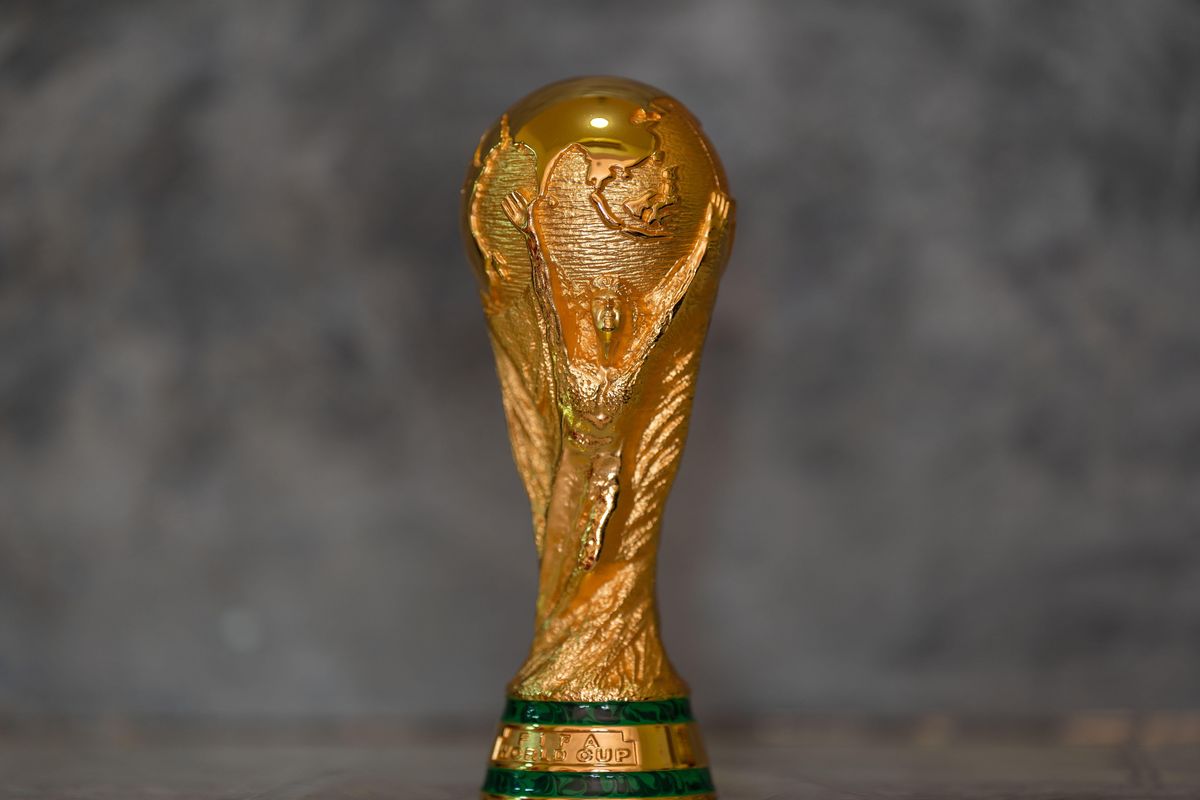Doubling the World Cup: A Bold Proposal That Could Reshape Global Football
The FIFA World Cup, a global spectacle captivating billions, is facing a bold proposition: doubling its frequency. This radical idea, while controversial, sparks a heated debate about the future of football's most prestigious tournament. Could a biennial World Cup truly enhance the sport's appeal, or would it dilute its magic and lead to player burnout? Let's delve into the arguments for and against this seismic shift.
The Case for a Biennial World Cup: Increased Exposure and Revenue
Proponents argue that a biennial World Cup would dramatically increase the sport's global reach and generate significantly more revenue. The increased frequency would:
- Boost Fan Engagement: More frequent tournaments mean more opportunities for fans to experience the thrill of the World Cup, fostering a deeper connection with the sport.
- Expand Commercial Opportunities: A doubled frequency translates to more lucrative sponsorship deals, broadcasting rights, and merchandising opportunities for FIFA and participating nations.
- Develop Emerging Football Nations: More frequent participation offers developing nations more chances to compete on the world stage, potentially fostering growth and improving global competition balance.
- Increased Financial Resources for FIFA and National Federations: The substantial revenue boost could be reinvested into grassroots football development globally.
The Counterarguments: Player Fatigue and Tournament Dilution
However, the proposal isn't without its detractors. Concerns center around the potential for player burnout and a decrease in the tournament's prestige:
- Player Exhaustion: The condensed schedule could lead to increased injuries and player burnout, impacting both club and national team performances. The physical and mental demands of professional football are already immense.
- Diminished Significance: Holding the World Cup every two years could diminish its perceived importance and unique status. The rarity of the event currently contributes to its immense global appeal.
- Disruption to Club Schedules: The already packed football calendar would face further strain, potentially impacting domestic leagues and club competitions. This could lead to conflicts and scheduling nightmares.
- Impact on Continental Tournaments: The frequency of continental tournaments like the European Championships and Copa América might also need to be adjusted, leading to a potential domino effect across the football calendar.
The Path Forward: A Balanced Approach is Crucial
The debate surrounding a biennial World Cup underscores the complex interplay between commercial interests and the long-term health of the sport. A viable solution may involve a more nuanced approach, perhaps exploring alternative formats or scheduling adjustments to maintain the prestige of the World Cup while exploring opportunities for increased revenue and global participation.
FIFA must carefully consider all perspectives before making any drastic changes. A thorough assessment of the potential consequences – both positive and negative – is crucial to ensure the long-term sustainability and appeal of the beautiful game.
Conclusion: A Decision with Far-Reaching Implications
The proposal to double the frequency of the World Cup is a significant one, with potentially far-reaching consequences for the sport. While increased revenue and broader participation are attractive possibilities, the risk of player burnout and a dilution of the tournament's prestige cannot be ignored. The future of the World Cup hinges on finding a balance between these competing considerations. Only time will tell if this bold proposal will ultimately reshape global football or remain a controversial idea.
Further Reading:
This article aims to provide balanced information on the topic and is not intended to endorse or oppose the proposal. What are your thoughts? Share your opinion in the comments below!

